
As China celebrates Spring Festival with exuberant displays of fireworks at night, the cost to pay is deteriorating air quality.
In Shijiazhuang, the capital of Hebei, a province known for its severe air pollution, the monitoring index showed that during the weekend, on Lunar New Year's Eve and Spring Festival, the air quality index hit a hazardous 342.
At midnight on Saturday, which also saw a peak for fireworks displays, the density of PM2.5, particulate matter smaller than 2.5 micrometers in diameter, jumped sharply to 701 micrograms per cubic meter, an increase of 470 percent over the average density the day before.
Fireworks also fogged up other cities during Spring Festival, including Beijing, Shanghai, Wuhan of Hubei province and Xi'an of Shaanxi province, reducing the air quality to severely polluted levels.
It has been a time-honored tradition to set off fireworks during Spring Festival, but the joy of the celebration comes at increasingly high cost, both in terms of environmental damage and physical injury.
The hazards have caused many to resist setting off firework in many cities.
Liu Yang, a resident in Shijiazhuang, was one of them. The mother of a 10-month-old baby boy bought several strings of electronic fireworks this year and hung them in her house.
"I can hear the sound and see the sparkling lights, which is enough for me to feel festive," she said.
"The air was so bad that my parents and my son could not walk out the house."
She bought several more strings to give to her relatives, but she says they all loved the gift but still bought fireworks and firecrackers.
"It's a tradition that cannot be changed over a short time," she said. "But I hope we can do something to reduce the huge amount of fireworks burnt each year."
Like her, many other residents are equally concerned, but in varying degrees.

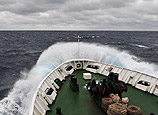
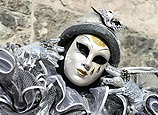
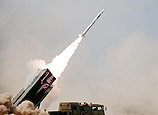

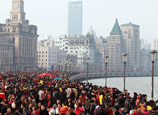
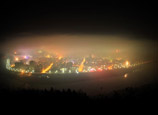
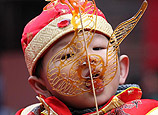
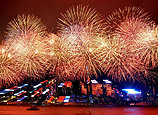

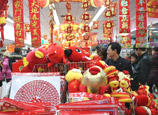






 Overloaded truck crushes bridge in NW China
Overloaded truck crushes bridge in NW China


![]()
